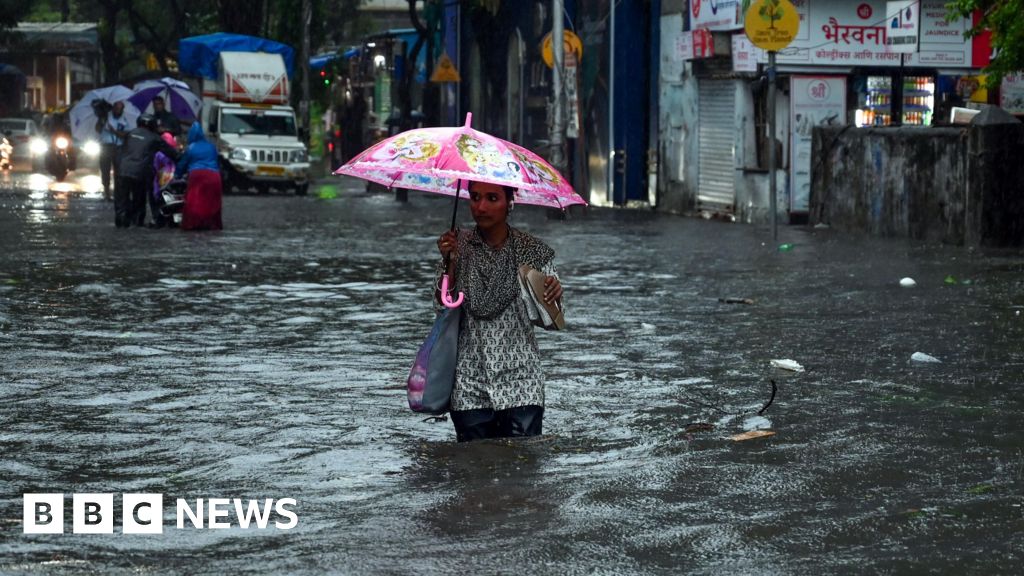SANTO DOMINGO, Dominican Republic -- Dozens of people, including prominent journalists, marched Tuesday through the Dominican Republic ’s capital to decry a bill that critics warn could lead to government censorship.
The bill, which is expected to be approved, calls for the creation of an independent regulator that would oversee content published on social media and digital news sites, focusing especially on anything that would violate the privacy of children or someone’s dignity. But critics say such a regulator could overreach.
However, some journalists have publicly supported the bill, noting that it protects freedom of expression without prior censorship and calls for the respect of public criticism.
Opponents of the bill say it is the latest measure under the administration of President Luis Abinader that appears aimed at stifling the media in the Caribbean country of more than 11 million people.
Under Abinader, a newsroom located inside the National Palace in Santo Domingo was closed and journalists are now required to request access to press conferences and other events up to a week in advance. Under previous presidents, access was automatically granted to the palace with a verified press identification.
Journalists also complain that government security has become more aggressive during press conferences.
“We have seen how politicians repeatedly want to curtail the freedoms we have,” Jaime Rincón, a reporter with El Nuevo Diario newspaper, told The Associated Press. “We are marching today for that reason, but also for the repeated abuse we have seen against our colleagues.”
During the march, journalists held signs and chanted, “No to censorship! Freedom of press!”
Rincón said the bill not only affects journalists’ freedom of speech: “It is a freedom that all Dominicans have, because with the internet, you can express yourself through any social network.”
Rosalba Escalante, a reporter with ACD Media, who was recently pushed and stepped on by the security detail of Vice President Raquel Peña, who publicly apologized for the incident, also participated in Tuesday’s march.
“Stealthily, access to the presidential press is becoming increasingly limited,” she told the AP.
Abinader has not responded to the journalists’ allegations, although when asked about the bill during a press conference on Monday he said he was not involved in its creation. “I didn’t even add a comma,” he said.
The protest march ended at the National Palace where a manifesto was presented calling for proper access to public records and elected officials, as well as an end to “harassment, censorship or reprisals” against journalists, among other things.

 2 weeks ago
14
2 weeks ago
14









 English (US) ·
English (US) ·